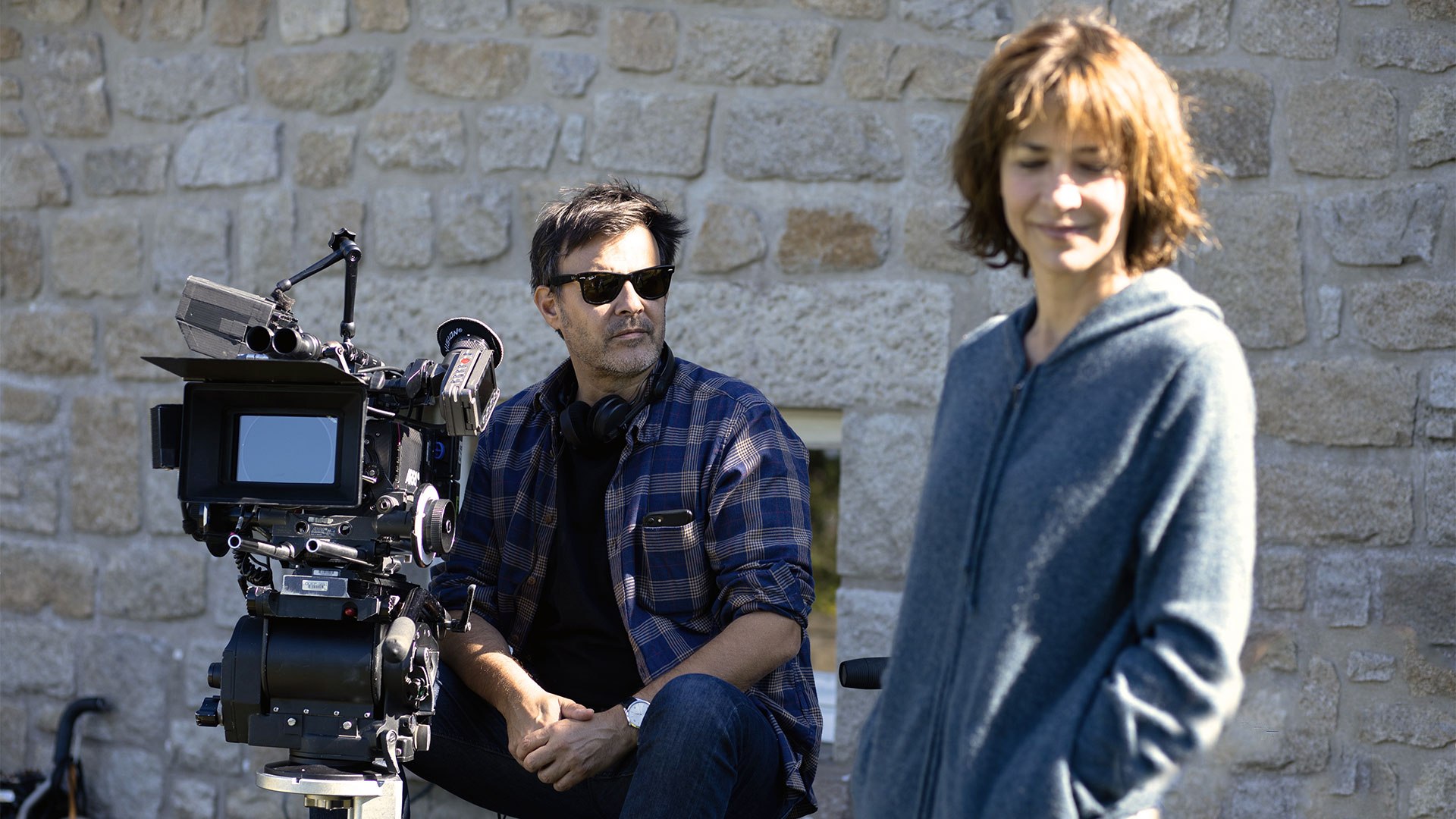Steven Ryder spoke with François Ozon about his new drama Everything Went Fine, which tells the true story of a daughter who is asked by her father to assist in ending his life. Here the great French director discusses the challenges of adapting a friend’s memoir, whether he has accidentally made a heist film and how cinema can help us process the most difficult of topics.

STEVEN RYDER: I think many people are going to be quite intrigued by the title of this film, which takes inspiration from the title of the memoir it's based on; why was it that you and Emmanuèle opted for such a gentle, straightforward title for a film that deals with such complex subject matter?
FRANÇOIS OZON: Well, it wasn’t my choice, as I wanted to stay true to the title of Emmanuèle’s novel. But it is also the paradox of the story – to have these last words at the end of the book and film is quite emotional. The book [that Emmanuèle wrote] tells a story of action, not really feelings and emotions. When Emmanuèle decides to assist her dad in ending his life, there are suddenly things to organise, trips back and forth between the hospital; so the film becomes about getting the job done. And at the end of the film, we will find out whether ‘everything went fine’. I wanted to end the film with a complex mix of feelings.
SR: And I suppose those feelings get even more complex for you personally as this is an adaptation of a memoir by Emmanuèle Bernheim, as you mentioned, who you were close to as both a friend and collaborator before she passed away. What attracted you to her creativity and what challenges did you face adapting this story for the screen?
FO: When she was alive, Emmanuèle proposed that I adapt the book and I didn’t feel able to at that moment of my life – I just didn’t know how to. I knew it would become a great film but I couldn’t find my way into the story at that time. After her death, I read the book again thinking about her and suddenly, I don’t know if I would say it was the key, but I had an urge to better understand what Emmanuèle went through with her father. I don’t know if there is a link between this and the fact that she also died of cancer a few years after writing the book, but whilst making the film I suddenly understood the heavy weight that must have been on her shoulders after going through this with her father.
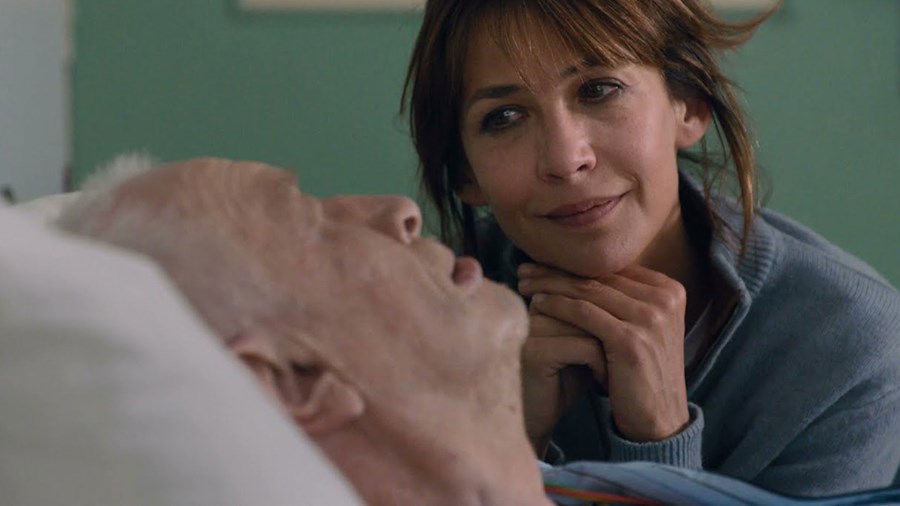
Everything Went Fine (2022)
SR: You talk about it being a heavy subject, and it certainly is, but there is a surprising lightness to this film, too – is that down to Emmanuèle herself and her writing and storytelling style?
FO: Yes, absolutely, Emmanuèle was full of life, and deep down she understood her father because he, too, was full of life. That is why the film has a lightness, because the story is so sure of itself. André [her father] did so many things: he was always travelling, had a lot of money, went to the theatre every night and had so many friends. But suddenly, he was paralysed, stuck in a bed, unable to eat by himself, unable to go to the toilet. He said, ‘Stop, okay, I had a great life, I want to stop.’ And she understood that.
SR: Is it the first time you’ve dived into the subject of euthanasia, or is it something you’ve always been interested in?
FO: It actually didn’t interest me at first, this subject. What I was focused on was the father and daughter aspect – the family plot. The subject of euthanasia is there but this isn’t my subject, I don’t have a strict opinion on it and I don’t know what I would do in this situation. What I do best is sharing the emotions of the characters, but it was not intuitive to me to explore the politics of euthanasia.
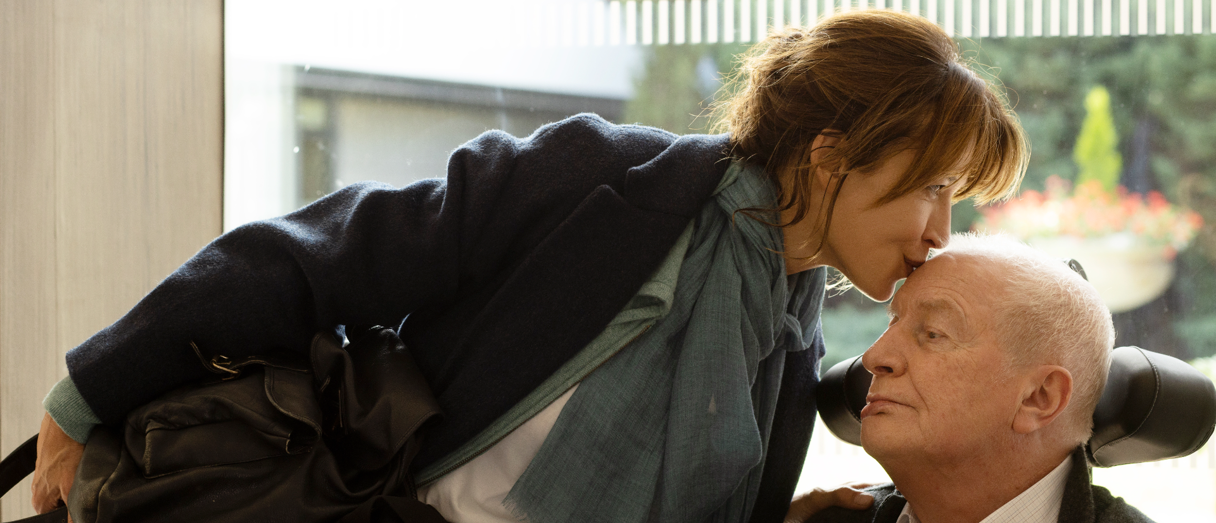
SR: But it is a controversial topic. Did you feel the need to show the ethical considerations behind euthanasia or were you happy for Emmanuèle’s story to be your guide?
FO: You know, I don’t think it’s as controversial as people think. When you speak with people, the majority of them want to have a decent end of life, you know? It’s the government that is afraid to make laws regarding this matter, especially in France. I don’t know what it is like in England but in France, there is the weight of the church – we are a Catholic country, everything is about death or birth, and it gets complex. But if you actually ask the French people, 80% – the majority – are for euthanasia. The politicians are afraid because there is a very small, maybe more conservative group that does not want it. Similar to abortion. However, if you have money, you can just leave the country, go to Switzerland, Belgium, and Spain and do what you want.
SR: Which you do address in the film as well, such as when André asks, ‘How do poor people do this?’ Was it important that you addressed the privilege that the Bernheims take advantage of?
FO: It was not in the book but when I did some research and asked how much it cost, I found out how expensive it was - you really need to have money. This is a rich family and that is what is so unfair about death. If you are poor, what do you do? You just have to wait for death to come.
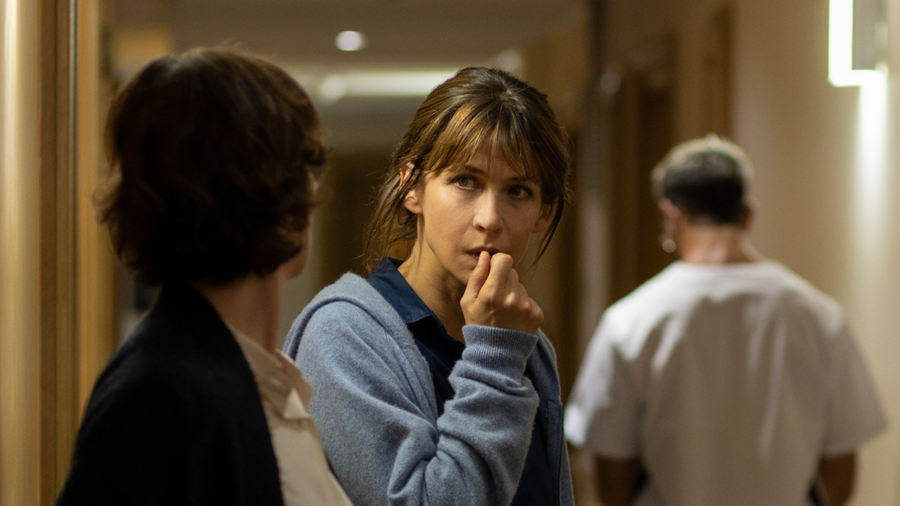
Everything Went Fine (2022)
SR: There is also the character of Romain in your film Time to Leave [about a young man diagnosed with an inoperable brain tumour] who maybe doesn’t have the same kind of privilege as André? Did that film cross your mind at all whilst making Everything Went Fine?
FO: Not at all but thinking about it now, there are definitely links between the two films! I think the story of Romain is much sadder as he is a young man, and the only person he feels comfortable talking about death with is his grandmother because, as he tells her, she is going to die soon as well. Maybe there is the same kind of black humour in this film as in that one.
SR: Your focus and interest in the characters themselves are maybe what makes the film so watchable and entertaining. This certainly comes through in the performances, which have so much complexity and backstory – how much did you work with the actors to capture this?
FO: Well for Sophie [Marceau] we had Emmanuèle’s book to guide everything, as well as some of her other published work which was very autobiographical. Her husband, Serge, wrote a very beautiful book about her life after she died, too, which fed into Sophie’s performance a lot. Physically, Emmanuèle and Sophie couldn’t be more different but, for me, they had the same kind of energy, always smiling and almost tomboyish. For André [Dussolier, who plays Emmanuèle’s father], we had a very precious thing: in Emmanuèle’s apartment, we found the real tape she has of her father saying he wants to die, which the notary needed for proof to make sure the daughters weren’t implicated. It was very moving to watch and we captured this scene for the film. I remember I spoke to Pascale, Emmanuèle’s sister, who said she did not want to watch the tape as it would be too difficult for her.
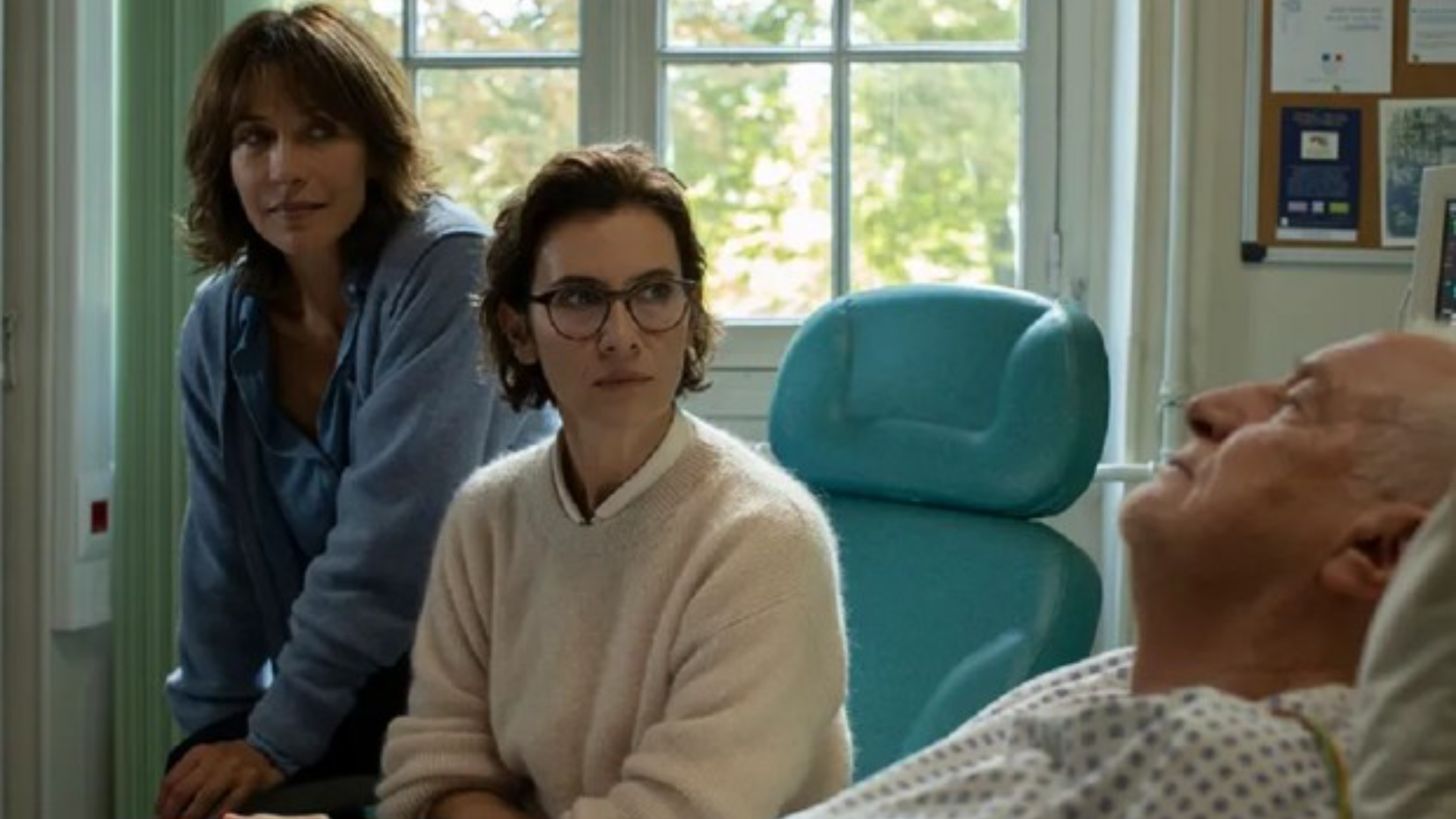
SR: André’s part is a tricky one to navigate as he is a prickly presence in the film and a character who is not immediately, if at all, easy to empathise with. Did you talk to André [Dussolier] about this side of the role?
FO: Yes, but he is incredibly professional and he loved the black humour throughout. For him it was quite funny lying in this bed with beautiful girls around him, being allowed to say such mean things to them. He said to me one day how much he enjoyed telling Sophie Marceau that she was ugly as a child. He had so much fun playing this part. But André [Bernheim] was a bad father, and I wanted to show that. Emmanuèle once said she would love to have had him as a friend but did not enjoy having him as a father, which is a line I then used in the film. Maybe the audience would struggle to empathise with that but I did not want to make a sentimental movie. I love sentimental movies, but, in the case of this subject, I didn’t think the idea was to make people cry. The idea was to share the emotions and, in a certain way, make an action movie or a thriller, especially towards the end. Like a heist film!
SR: You also have the wrinkle that occurs during this elaborate heist when the outsider arrives, André’s lover Gerard, who the sisters have a less-than-affectionate name for.
FO: Ah yes, I love this character. And he is a real character, too! Some very mean critics have said, ‘Ah, it’s a François Ozon film – of course he added a gay story,’ but this was the reality of the situation! It's funny because, in the book, he is the only character with no name, he’s simply referred to as ‘GM’, which was a secret code between Emmanuèle and Pascale that stands for ‘Grosse Merde’ [big shit]. The only criticism Pascale gave to me when she saw the film is that Emmanuèle would not have been happy seeing that Gerard was sympathetic because they really hated this man! But for me, he is maybe the only one that truly loves André – it’s a toxic relationship, but sometimes the most intimate relationships are that way. I think that’s what this film is primarily about.
Everything went fine is now available in cinemas and on curzon home cinema
